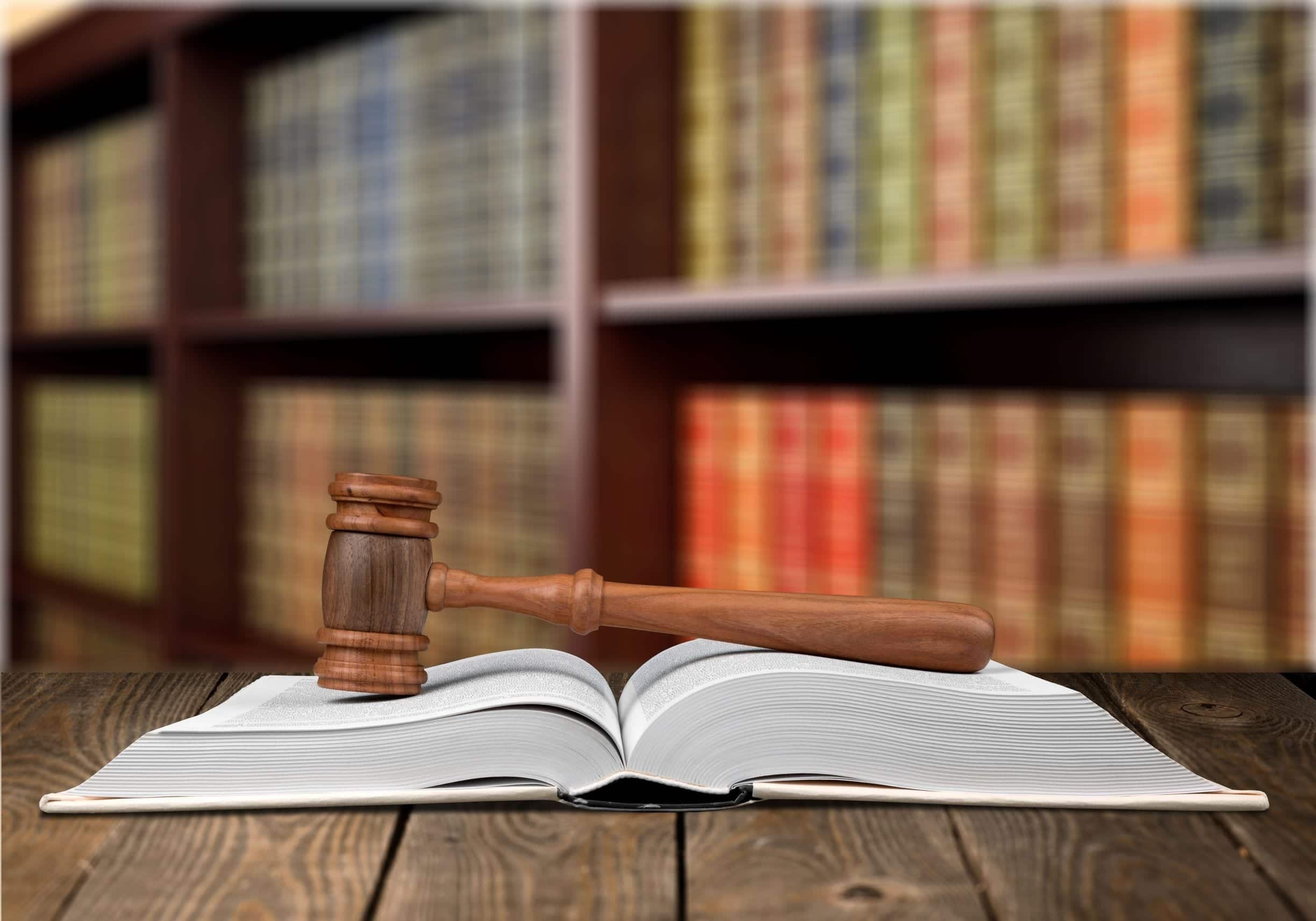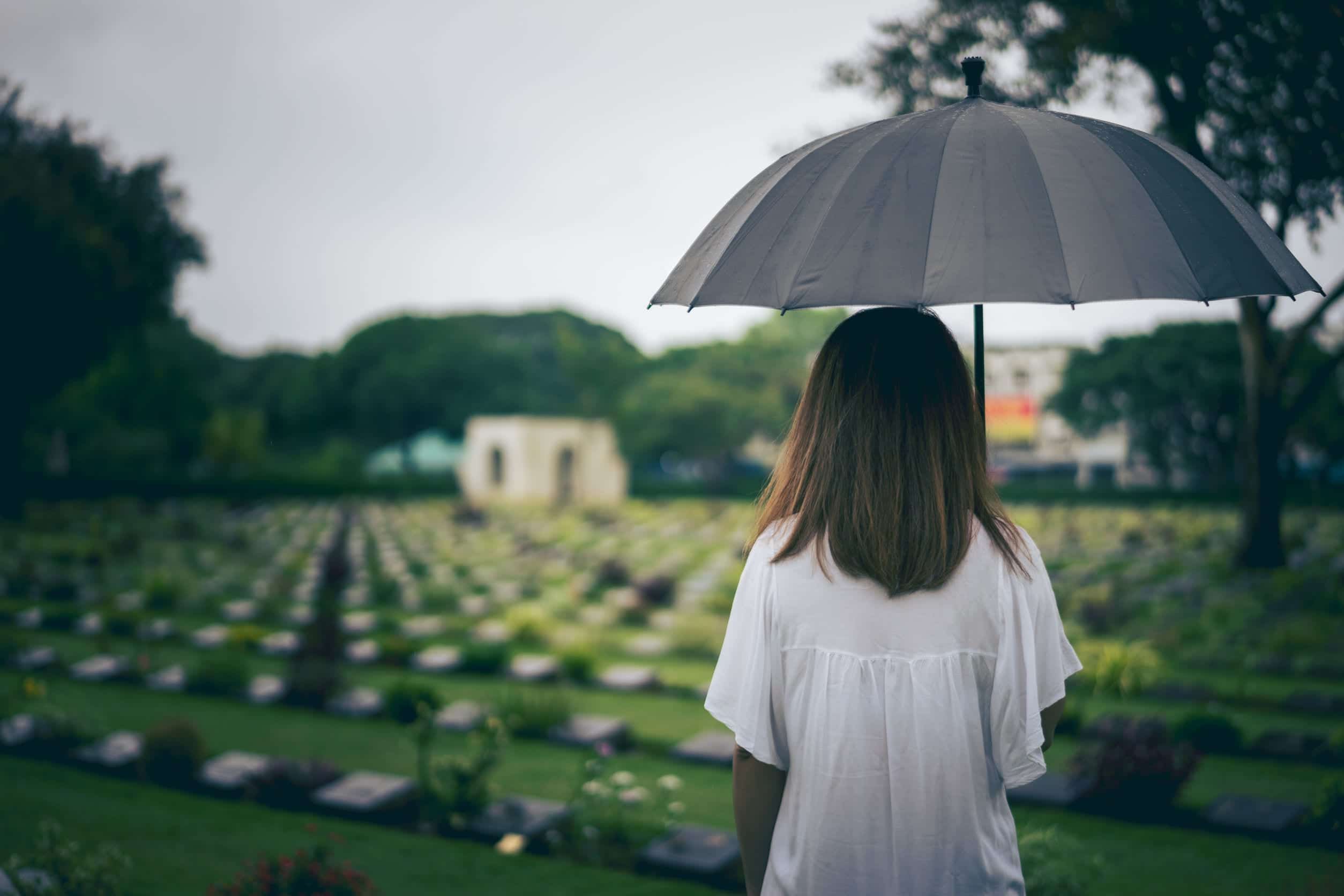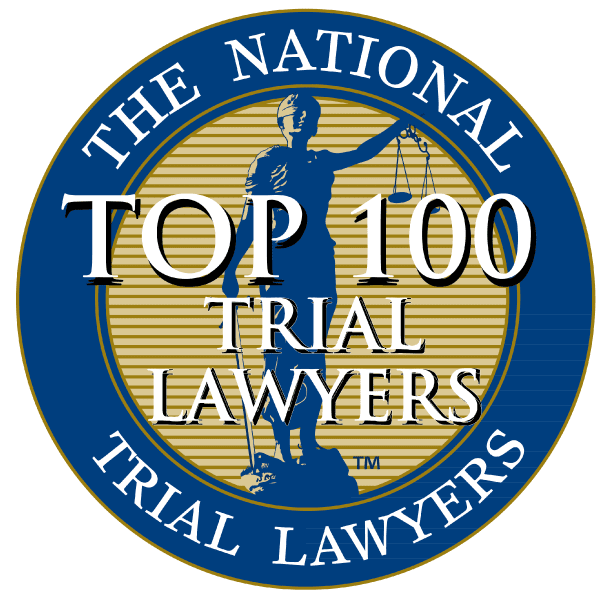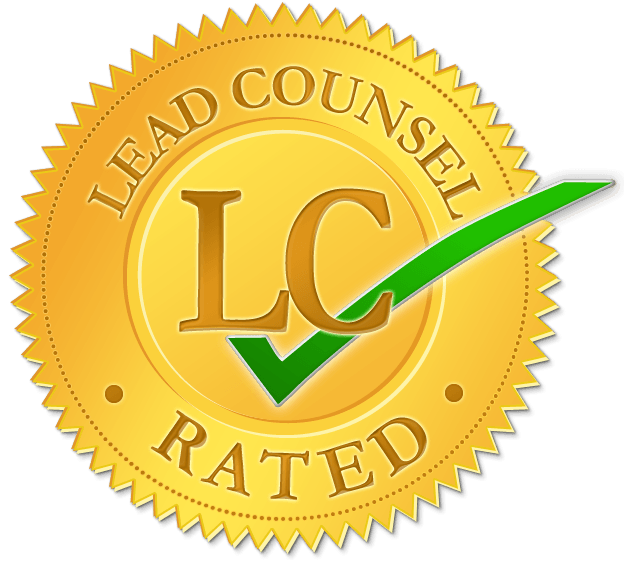Did Your Loved One Suffer a Wrongful Death in MN? What to Do
The sudden and untimely loss of a loved one is emotionally devastating, and even more so if the death could have been prevented. Even if the responsible party did not act intentionally, your loved one paid with their life and has been taken from you just the same.
In some cases, an entire family can suffer due to lost income and emotional support, for example, if the decedent was the family’s primary earner and is survived by young children.
Money won’t bring your loved one back or fill the void you are left with. However, a wrongful death suit can help you recover from the often-devastating financial consequences of wrongful death, and help your family adjust to living without the one you’ve lost.
Minnesota’s Wrongful Death Statutes
Every state has its own statutes regarding wrongful death, so the proceedings of a wrongful death case will vary between states.
In Minnesota, the following must have occurred for a wrongful death suit to be possible:
- A person (the decedent) died
- The death resulted from the negligence or intent to cause harm by the responsible party
- A surviving spouse or other next of kin must be appointed by the court as a Trustee
You have three years from the date of your loved one’s death to bring a lawsuit against the responsible party or plaintiff.
That said, it’s recommended you start this process as soon as you’re emotionally able. This is because wrongful death cases often require extensive investigation, and the evidence will be harder to track down with time.
Minnesota’s Wrongful Death Statutes
Common causes of a Minnesota wrongful death include, but are not limited to:
- Workplace accident
- Motorcycle accident
- Premises liability
- Car accident
- Physical assault resulting in death
Who Can File a Wrongful Death Claim
In Minnesota, a wrongful death claim can only begin after the court has appointed the surviving spouse or next of kin to serve as a trustee. If there is no surviving spouse, the following family members could be considered next of kin:
- Natural or adopted children
- Siblings
- Parents
- Grandparents
- Cousins
- Aunts and uncles
- Nieces and nephews
However, keep in mind that to receive damages from a wrongful death claim, you will need to prove that someone suffered damages that can be financially compensated as a result of the death.
Types of Recoverable Damages in a Wrongful Death Suit
The damages you could recover from a wrongful death suit depend on your relationship with the decedent, and what losses you and other surviving family members suffered as a result of their death. Possible damages for wrongful death include:
- Funeral and burial expenses
- Medical expenses from accident or injury treatment that led to the decedent’s death
- Monetary losses incurred from the loss of the decedent’s income, if the next of kin were dependent on that income
- Damages for loss of parenting, counsel, guidance, advice, or assistance from the decedent
How Losses Are Figured
Financial injury, legally referred to as pecuniary injury, resulting from these losses will be determined by a number of factors:
- The decedent’s age, general health, and life expectancy
- The decedent’s earning potential until retirement age
- The decedent’s relationship with the next of kin and other surviving family members, and resultant emotional losses they are likely to have suffered

If you are suffering financially as a result of losing your loved one, consider filing a wrongful death claim to help your family recover from this loss. Holding the responsible party accountable for their actions can also bring some sense of closure for the loss you’ve suffered.
About the Author:
A former Assistant Public Defender for the Sixth Judicial District in Duluth and former staff attorney for the Indian Legal Assistance Program, Brent R. Olson is an experienced trial lawyer who has appeared in every Courthouse in the Sixth Judicial District and taken over three dozen cases to verdict. At LaCourse, Poole & Envall, Mr. Envall focuses on family law, workers’ compensation, and criminal defense. He has a strong belief in restorative justice and helped to develop the Domestic Violence Restorative Circles program.
















